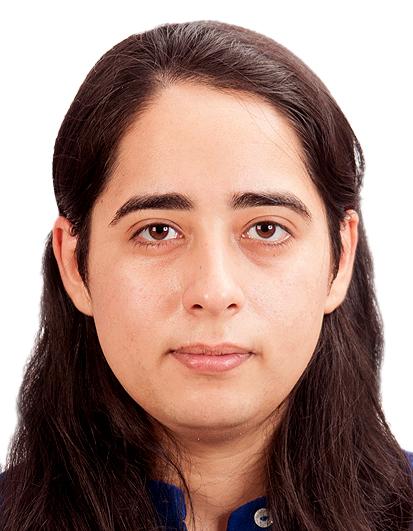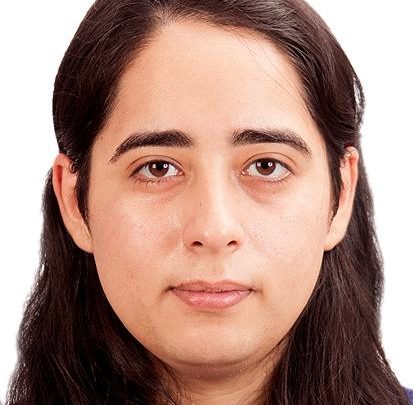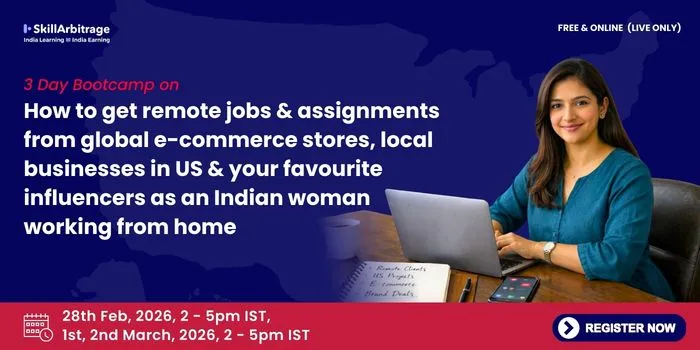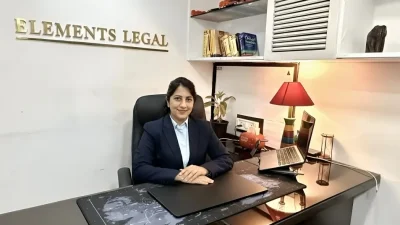AOR
3825
0
0
“The law is not static; it evolves over time through amendments and the introduction of new legislation to reflect changing moral and societal values”- Ashima Mandla, Partner at Mandla & Singh Law Chambers
This interview was taken by SuperLawyer Team
Posted on June 29, 2024
This Interview has been published by Pragya Chandni and The SuperLawyer Team

Can you share a bit about your journey into the field of law? What inspired you to pursue this career path?
When I was in school, I was rather drawn to the criminal justice system, whether it was from what was covered in the news in then ongoing cases, criminal novels and shows which piqued my interest. Thereafter, I did my graduation in Psychology Honors from LSR, where my primary field of study was abnormal psychology, being intertwined with criminal laws. Even though during the first year of LL.B, like most of us, I was also equally attracted to the Corporate side and ended up interning for 6 months at Trilegal, the first day I set foot inside the Apex Court while interning with Mr. K.T.S. Tulsi sir, all my aspirations in this field shifted and I knew I wanted to practice criminal laws.
As a Partner at Mandla & Singh Law Chambers, what are some of the most rewarding aspects of your work?
In litigation, mostly everyone aspires to go independent someday and establish their own practice. For me, that juncture came a little earlier than expected and Mandakini Singh, (my senior associate from the Chambers of Tulsi sir) and I started this litigation chamber in 2018. Undoubtedly, it takes significant time and effort to get your independent practice off the ground, especially being first-generation lawyers, but then there were many seniors who were exceptionally kind to us to offer support and even refer work. The most rewarding aspect in running your own practice is the opportunity to not only build cases by formation of a narrative but also to oversee the outcome. It gives you a platform and opportunity to understand your shortcomings and actively work towards growth.
Your involvement in drafting legislation such as the Criminal Law Amendment Bill, 2019, reflects a deep commitment to legal reform. What drives your passion for advocating for change within the legal system?
The law is not static; it evolves over time through amendments and the introduction of new legislation to reflect changing moral and societal values. As our worldview and perceptions shift, so do the nuances of the legal system. Every judgment that explains or expands the scope of any section or act is an active step toward changing the limits and understanding of the legal system. Law and society are intertwined, each contributing to shifting the perspective of the other.
Could you tell us about a particularly challenging case you’ve worked on and how you navigated through it?
The most challenging case has been the Tablighi Jamaat case. There were 955 foreigner nationals from 48 countries which were detained for 2 months and when the Habaes Corpus case was preferred before the High Court of Delhi for their release, overnight chargesheets were filed against the foreigners. Even though there was not a single medical report which was placed on record in the chargesheet showing anyone as Covid-19 positive, yet the narrative in the media was running contrary to the evidence on record, which also colored the public perception. The impact and perception of media trials, particularly in sensitive and high-profile cases was highlighted. Media trials can lead to premature judgments and public opinion that may not align with the legal proceedings and the principle of “innocent until proven guilty.” Furthermore, 2 months into the litigation, it surfaced that there were second FIRs against the foreign nationals and those who were repatriated on humanitarian grounds of plea bargaining after depositing costs to an extent of Rs. 52L to the Government, they were once again estopped from returning to their homes. It led to an arduous and protracted litigation” of 150 hearings, 955 bail applications, 5 writs, 44 discharge applications, 26 quashing petitions, 80 revision petitions, 15 hearings before the Supreme Court and then a trial in a Delhi court over 9 months. Even though there was not a single conviction in Delhi as even all the foreigners who chose to contest the charges in the trial were acquitted, this case was unprecedented under the unforeseen circumstances across the globe.
The other case, which was recently viewed as a landmark judgment in Pavana Dibbur v. Directorate of Enforcement.,2023 SCC OnLine SC 1586 wherein the Hon’ble Apex Court was pleased to quash the complaint u/s 44/45 of the PML Act, 2002 (akin to chargesheet) on the ground that s. 120-B IPC can be invoked only in reference to a predicate scheduled offence, was rather challenging as a case, as there were no authorities on this issue and all judgments of the Apex Court as well as various High Courts were ambiguous. The coming of this judgment reinforced the confidence that one can build arguments from bare reading of provisions and interpretation of statutes even if there are no judicial precedents precisely on the issue. Needless to say, it would not have been possible without the fierce and structured arguments led by Senior Advocate Meenakshi Arora ma’am.
Your achievements in both academia and extracurricular activities are impressive. How do you balance your professional responsibilities with your personal interests and commitments?
I believe that lawyers led stressful lives as is, which makes it imperative to have interests outside of work, to balance out. More often than not, the demands of every day work and deadlines puts personal lives at the backseat. I personally make it a point to travel, even if it is a short trip, whenever the opportunity presents itself. It gives you something to look forward to as well. Apart from that, there are many tournaments organized by various Bar Associations, which are an amazing way to break the ice, forge better bonds with your peers and seniors.
Being an Advocate-on-Record before the Supreme Court is a significant achievement. How did you prepare for and approach the examination, especially achieving such a high rank on your first attempt?
I had started my career at the Apex Court as a junior, so I was always enchanted and inspired to become an Advocate-on-Record before the Apex Court. Truly, with running my own practice, I was able to only devote 20-25 days of study towards the examination and managed to secure a Rank #4. However, the fact that a lot of the concepts tested in this examination especially in the papers of Practice and Procedure as well as Drafting have nexus with everyday practice before the Apex Court, having practiced for 5 years, in terms of drafting, filing and arguments, before appearing in this examination made those papers fairly easy to prepare for.
As for the other two papers namely Leading Case and Advocacy and Professional Ethics, most of those cases were a part of the curriculum in college and hence were formative concepts which are widely referred to and relied upon across a spate of judgments and thus, if the basic concepts in law are clear, the examination is not all that tough. Therefore, the syllabus ought to not be viewed as something one can mug up for the examination, but if you truly read the judgments in its entirety, you will benefit in your practice as it will enhance your concepts and knowledge base, with concepts or sub-concepts which were perhaps not completely understood during college.
With your experience in criminal defense litigation, what do you find to be the most common misconceptions people have about this area of law?
It is no surprise that the salary for freshers in litigation is not comparable to the corporate sector, which has been a driving factor for an increased number of graduates preferring the latter. However, criminal defence litigation is far more rewarding in all aspects as compared to the corporate sector. Furthermore, another misconception is that criminal defence litigation is not for women, and for most of us, even our families are not comfortable with the thought of women visiting jails, police stations and lower courts. We have legal stalwarts such as Senior Advocates Ms. Meenakshi Arora ma’am, Ms. Indira Jaisingh ma’am, Ms. Rebecca John ma’am, Ms. Shobha Gupta ma’am, who are not just counted as the best female advocates, but in the list of the best advocates. Therefore, the field is not an old boys club.
As someone who has accomplished a lot in their legal career, what advice would you give to recent law graduates who are just starting out in the field?
Be patient, zealous and persevere. Law demands layers of intricate knowledge which is gathered across a spectrum of fields over a period of time. There are essentially no shortcuts to success and the only way to conjointly sustain and grow is through day-to-day perseverance. The skill-set which needs to be developed in this profession to stand out, are built over years of backbreaking work. Join offices which teach you work, develop your skills and offer you opportunity to grow.
Get in touch with Ashima Mandla-







No comments yet
Be the first to share your thoughts about this interview.